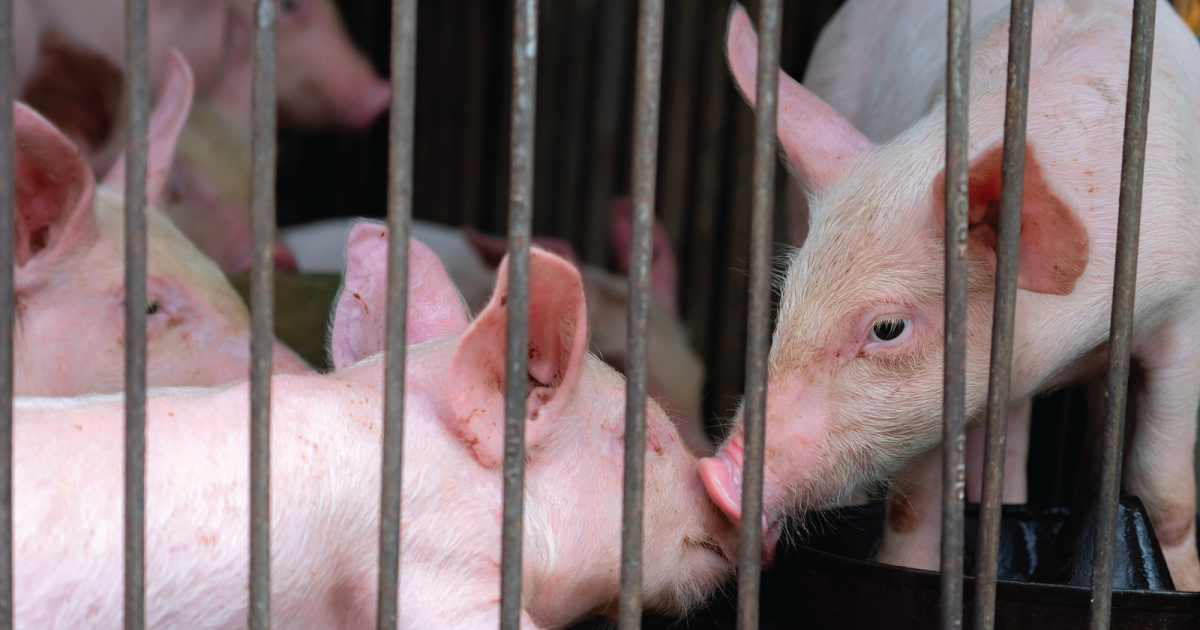
New Swine Rules so Dangerous They Could Spur Another Zoonotic Pandemic
Newly received data released shows that the U.S. Department of Agriculture’s new rules for swine slaughter plants, or the “New Swine Inspection System,” dramatically curtail federal government inspection of animals and carcasses showing signs of diseases and other food safety or public health related conditions, including potentially those showing signs of diseases that can move from animals to people, such as coronaviruses.
April 10, 2020 | Source: High Plains Journal | by
Newly received data released shows that the U.S. Department of Agriculture’s new rules for swine slaughter plants, or the “New Swine Inspection System,” dramatically curtail federal government inspection of animals and carcasses showing signs of diseases and other food safety or public health related conditions, including potentially those showing signs of diseases that can move from animals to people, such as coronaviruses.
Food & Water Watch’s analysis of data obtained as a result of a federal Freedom of Information Act lawsuit shows that USDA veterinarians were able to evaluate 3.5 times fewer potentially diseased animals and carcasses in plants that piloted USDA’s NSIS rules, compared to plants that were operating under normal inspection, during the select years in the plants for which data was available.
The newly released data contradicts USDA assurances that long-standing inspection requirements would be unaffected by the new NSIS rules, which allow slaughter plant workers to first determine which animals are fit for slaughter, which carcasses are fit for commerce, and to set their own line speeds. The Federal Meat Inspection Act, first passed in 1906, mandates that government inspectors evaluate each animal arriving at a slaughter plant and every carcass after the animal is slaughtered. If not immediately condemned, federal inspectors tag those showing signs of disease and other abnormal conditions for further evaluation by a government veterinarian before they can proceed. This protects public health.
